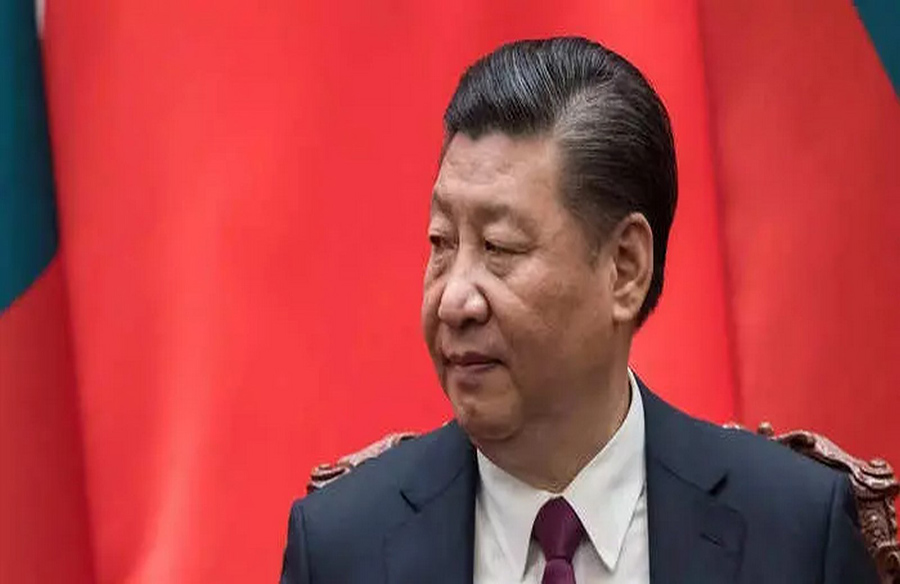China’s strategic pivot towards bolstering its exports is anticipated to ignite geopolitical tensions and potentially trigger a new trade war in the coming year, according to Leland Miller, CEO of China Beige Book.
Transitioning Growth Model
As China endeavors to transition to a more sustainable growth model, it is intensifying its emphasis on manufacturing. This shift necessitates a significant increase in the volume of products destined for international markets, amplifying competition and geopolitical friction.
Impending Trade War
Miller predicts that China’s renewed focus on exports will likely provoke global discord, especially given the sensitivities surrounding economic policies. This escalation could precipitate a trade war as other countries react to China’s economic maneuvers.
Economic Reforms and Challenges
In response to mounting economic challenges, Chinese authorities are directing substantial credit into the manufacturing sector, aiming to reduce reliance on the property market, which constitutes a significant portion of the GDP. A surge in defaults within the property sector has heightened concerns about the stability of China’s economy.
Shift in Growth Priorities
China’s economic strategy no longer prioritizes rapid growth as in previous decades. Instead, it focuses on fortifying national security, cultivating a domestic chip ecosystem, and consolidating advanced manufacturing capabilities. The emphasis is on ensuring economic stability rather than pursuing ambitious growth targets.
Impact on International Markets
Despite speculation that China’s manufacturing prowess has peaked, the country continues to demonstrate its competitiveness in sectors such as electric vehicles, solar energy, and battery manufacturing. Chinese companies like BYD are expanding their global footprint, posing challenges to established players like Tesla.
International Friction
China’s increased exports have already triggered tensions internationally. For instance, the surge in Chinese solar panel exports to Europe has raised concerns about the viability of local production facilities. Similarly, the success of Chinese companies in global markets has prompted warnings and calls for protective measures from other nations.
In conclusion, China’s shift towards boosting exports is poised to reshape global trade dynamics and escalate geopolitical tensions. As China pursues its economic objectives, the international community braces for potential conflicts and disruptions in the global economic landscape.




Leave a Reply